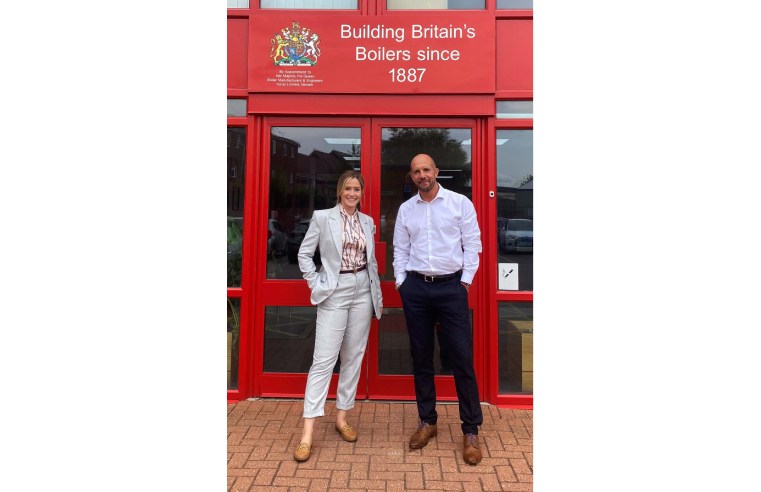The green agenda must be put at the heart of the UK’s economic recovery plan, according to KPMG.
The firm is urging business and political leaders, preparing for long-term post-Covid-19 recovery, to act more proactively and collaboratively to drive ‘transformational’ change to respond to the risks and opportunities posed by climate change, and the transition to a net-zero economy.
The UN conference on climate change, COP26, was scheduled to take place in Glasgow later this year, but its delay to 2021, at the earliest, has raised fears the ‘green agenda’ could become less of a priority.
In June 2019, the UK passed a law committing to end its contribution to global warming by 2050, joining 109 other countries and a growing number of states and cities who have either agreed or are considering similar measures. While some of the country’s leading brands have unveiled ambitious plans, the response from the business community remains patchy and inconsistent.
Companies should use the response to Covid-19 to factor their plans on climate risk, by carrying out a climate risk and opportunity assessment, seeking strategic advice on how to transform, and adapting to mitigate the risks and take advantage of the opportunities available in a low carbon economy.
Bridget Beals, Director of Power and Utilities at KPMG UK, said: “Achieving the UK’s net-zero targets in a period of profound economic instability will require transformational change across all sectors of the economy.
“By 2022 at the latest it will be mandatory for all UK listed companies and large asset owners to report on their risk exposure and management, as well as the risk mitigation and resilience strategy, governance and metrics in respect of climate change.
“Policy and regulation changes will undoubtedly drive the agenda forward, but different legal levers will create a raft of potential risks, so it’s incumbent upon businesses to lead the way, rather than waiting and responding.”
Simon Weaver, Energy & Natural Resources Partner at KPMG UK, added: “Recent research suggested 67% of the British public care more about the environmental impact of their consumptions than they did five years ago, while 62% say they’re looking to corporate Britain to make sure their consumption is responsible.
“The immediate pressures on boards can make it difficult to stop and reflect, but taking the time to think about climate risks, running scenarios and making the relevant changes to business models and strategies can help us stretch the corporate and political planning horizons. We need to do this to respond to the challenge of climate risks effectively, and ultimately make our businesses and wider economy more resilient to the change to come.”



































